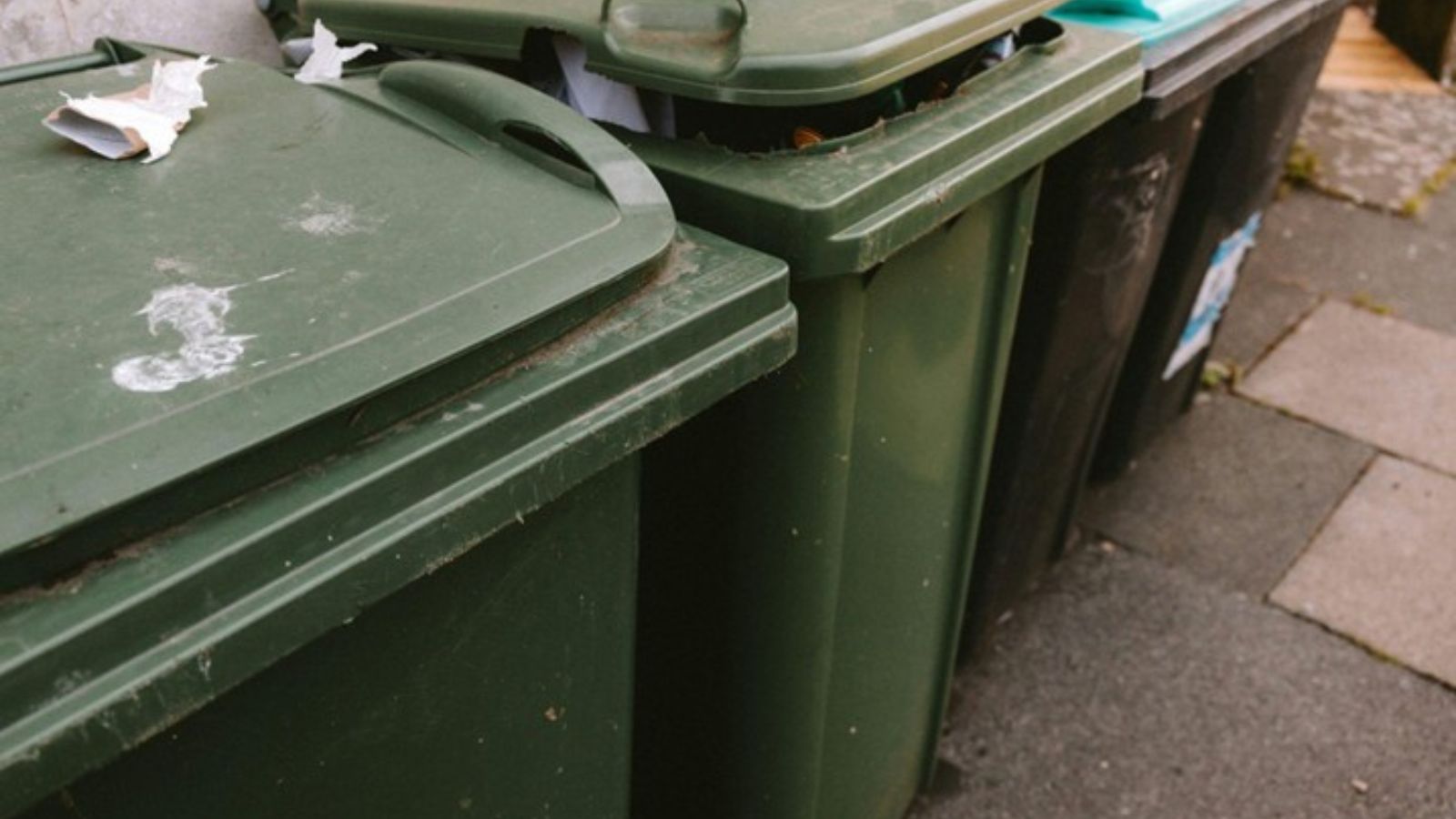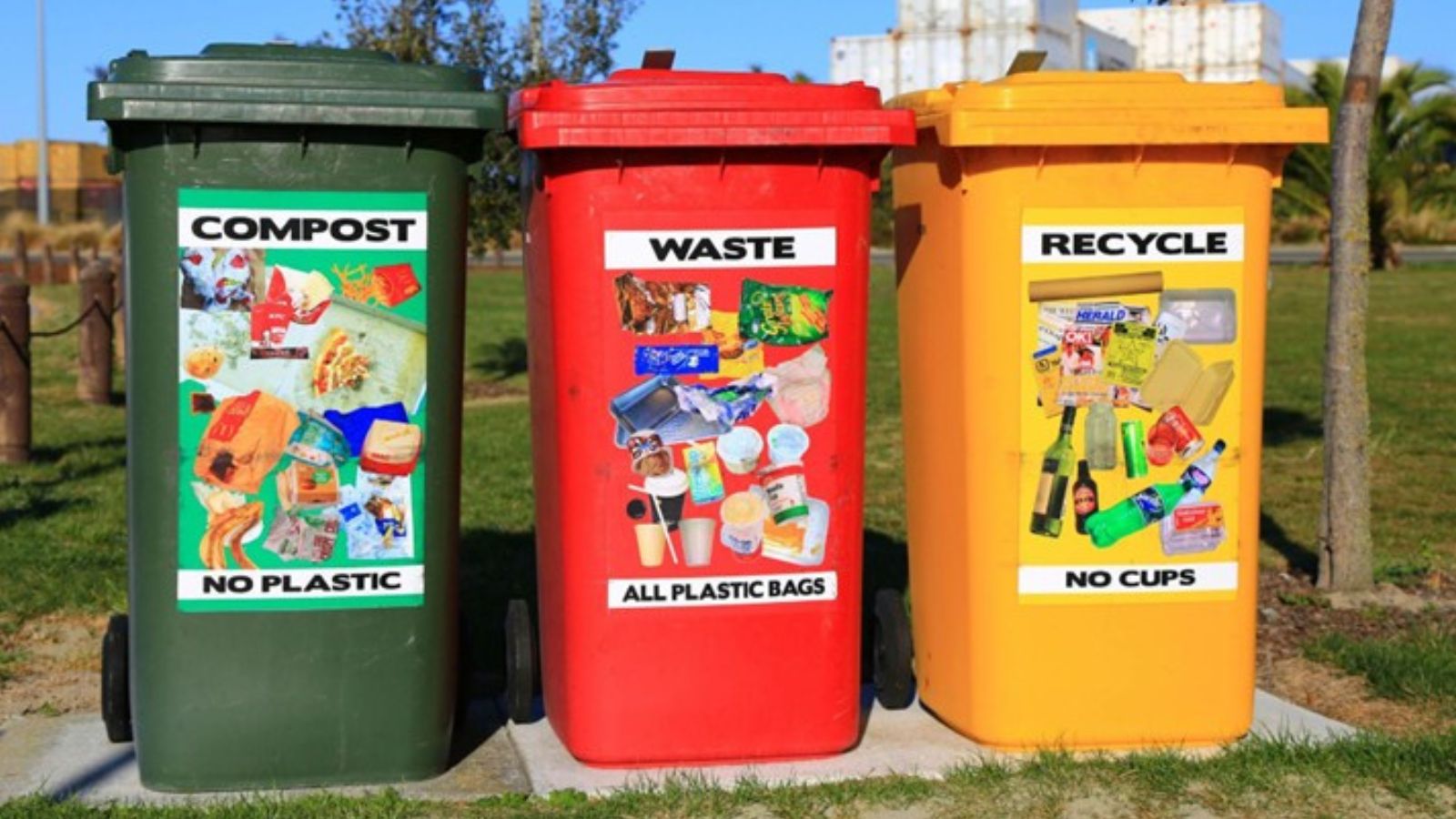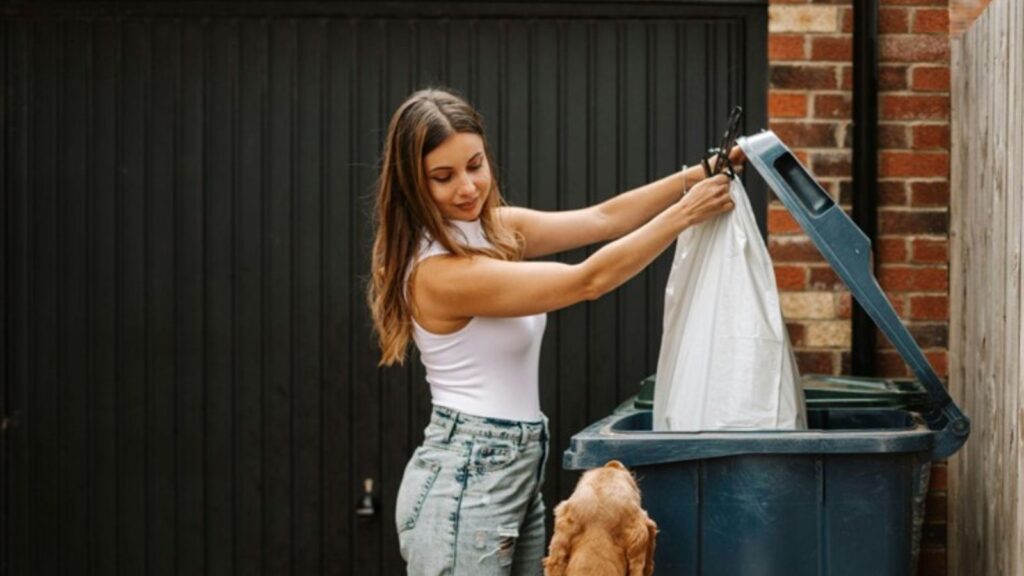Spring cleaning and landscaping projects can leave you with piles of yard waste: branches, leaves, grass clippings, or even old outdoor furniture. Whether you’re a weekend gardener or simply reclaiming your backyard for summer fun, managing this waste responsibly makes a huge difference for your home, neighborhood, and environment. If you’ve ever considered calling in local pros like Junk Magicians Lexington to help with a big outdoor clean-up, you’re not alone. But before the truck arrives, let’s talk about what you can do yourself and how to ensure your yard waste gets handled in the most eco-friendly way possible.
Why Eco-Friendly Yard Waste Disposal Matters
It’s easy to think that tossing grass clippings or bagged leaves in the trash isn’t a big deal. But when organic waste ends up in landfills, it doesn’t break down cleanly. Instead, it releases methane, a powerful greenhouse gas that contributes to climate change. The U.S. Environmental Protection Agency (EPA) reports that yard trimmings make up about 12% of municipal solid waste, with millions of tons generated every year. Composting and responsible disposal not only reduce landfill volume but also return valuable nutrients to the earth, helping your community and local wildlife thrive.
Start with the Basics: Separate and Assess
Before you start bagging everything up, take a few minutes to separate your waste:
- Compostable: Grass clippings, leaves, small twigs, and untreated plant material.
- Bulky debris: Large branches, logs, stumps.
- Non-organics: Old pots, broken garden tools, plastic plant tags, or treated/painted wood.
Keep compostables and non-organics in different piles to prevent contamination. Many yard waste recycling centers only accept plant matter, not plastics or chemicals.

Composting: Turn Waste into Garden Gold
Composting is one of the best ways to handle yard waste at home. Not only does it cut down on what you send to the landfill, but it also creates a rich soil amendment for your garden beds, lawn, or potted plants.
How to start composting:
- Choose a spot away from your home’s foundation and in partial shade.
- Layer greens (grass clippings, vegetable peels) with browns (dry leaves, shredded newspaper).
- Turn the pile every week or two to provide oxygen and speed decomposition.
- Keep the pile moist but not soggy.
If you’re new to composting, there are plenty of simple bin systems available at local hardware stores, or build your own from reclaimed pallets.
What not to compost:
Skip weeds with seeds, diseased plants, or anything treated with pesticides, as these can spread or contaminate your compost.
Mulching: An Easy, Eco-Smart Solution
Not all yard waste needs to be hauled away. Grass clippings, shredded leaves, and wood chips make excellent mulch. Spread a layer around flower beds, shrubs, or vegetable gardens to retain moisture, suppress weeds, and improve soil health.
Tip: If you use a mulching mower, you can leave grass clippings right on the lawn. They break down quickly and naturally fertilize your turf.
Local Yard Waste Collection and Drop-Off Programs
Most cities, including Lexington and its surrounding areas, offer scheduled yard waste pickups or designated drop-off sites. These programs help keep compostables out of landfills and ensure proper processing. Check your local municipality’s website or call your city hall for the latest schedule and requirements.
According to the EPA’s guidelines on yard trimmings, bagging leaves or grass clippings in plastic isn’t eco-friendly. Opt for compostable paper bags or designated bins provided by your city instead.
Before setting waste at the curb:
- Remove all plastic, stones, or metal.
- Tie branches into manageable bundles.
- Check size/weight limits for collection.
Hazardous and Non-Organic Yard Waste: What to Do
If your cleanup includes items like old fencing, treated lumber, or rusted garden tools, don’t toss them in with yard trimmings. These materials can’t be composted or mulched and may even require special handling.
- Metal: Many local recycling centers accept scrap metal.
- Treated or painted wood: This may need to be taken to a construction and demolition debris facility.
- Old chemicals or pesticides: Drop them at your area’s hazardous waste collection event. Never pour them down the drain.

Hiring a Local Yard Waste Removal Service
Sometimes, yard projects can get out of hand: a fallen tree, overgrown hedges, or storm debris may leave you with more waste than you can manage. That’s where local professionals like Junk Magicians Lexington come in handy. Many services will sort, haul, and dispose of your yard debris responsibly, ensuring it gets recycled, composted, or disposed of according to city regulations.
When choosing a service:
- Ask how and where they dispose of waste.
- Request details about recycling or composting practices.
- Make sure they’re licensed and insured for your peace of mind.
This approach is not just convenient, but also helps you stay eco-friendly if you’re tackling a big project or seasonal overhaul.
Community Yard Waste Solutions
Yard clean-ups don’t have to be a solo act. Many neighborhoods organize spring or fall clean-up days, where residents team up to clear alleyways, parks, or vacant lots. These events often include free drop-off sites or bulk-pickup services.
If you’re interested in organizing a community event:
- Coordinate with your local council or parks department.
- Share information on social media and community boards.
- Arrange for compost bins and recycling stations to keep everything green.
Extra Green Tips for Yard Waste Reduction
- Mow high, mow less: Taller grass shades out weeds and requires less frequent mowing.
- Plant natives: Native plants need less pruning and create less yard waste.
- Leave the leaves: In autumn, leave some leaf litter for pollinators and beneficial insects.
- Share mulch or compost: Swap extra materials with neighbors instead of sending them to landfill.
Every yard cleanup is an opportunity to make a difference. By composting, mulching, using community drop-offs, and calling responsible services like Junk Magicians Lexington for larger projects, you help create a healthier environment and a cleaner neighborhood.
Eco-friendly yard waste disposal isn’t just about following the rules, it’s about building a community where sustainability and pride in our local spaces go hand-in-hand. This season, take the extra steps to keep your yard beautiful and green, and know that every small choice adds up for Lexington and beyond.

